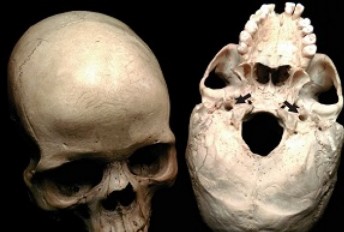
Posted on November 13, 2019
The great apes, including humans, gorillas, chimpanzees, bonobos and orangutans, are very intelligent.
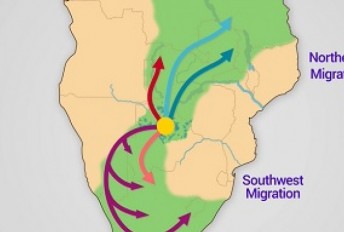
Posted on October 31, 2019
A study has concluded that the earliest ancestors of anatomically modern humans (Homo sapiens sapiens) emerged in a southern African “homeland” and thrived there for 70 000 years, before some migrated due to climate shifts.

Posted on October 18, 2019
The University of Pretoria’s (UP) Sport, Exercise Medicine and Lifestyle Institute (SEMLI) recently opened the doors to its new Biomechanics Lab, which is already providing support services to TuksSport’s first teams as well as elite track and field athletes, some of whom participated...
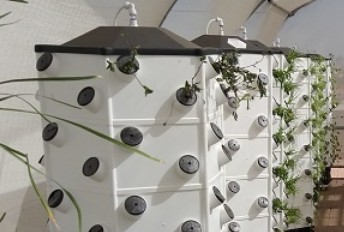
Posted on October 16, 2019
By 2050, we will need to produce at least 50% more food than we do currently to feed 10 billion people. However, over half the land in the world is already used to produce food, and agriculture has a significant negative impact on the environment.
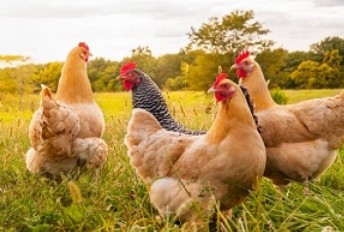
Posted on October 10, 2019
The University of Pretoria (UP) has joined forces with the Council for Scientific and Industrial Research (CSIR) to successfully develop a vaccine against avian influenza using tobacco plants, bypassing the many biosafety risks involved with using traditional live vaccine viruses.

Posted on October 03, 2019
A two-minute smartphone test can identify hearing and vision problems before children even start school according to new research published in the prestigious Bulletin of the World Health Organisation.

Posted on October 03, 2019
The largest prospective study on illness in rugby union players has revealed that 70% of the players studied in just one season’s Super Rugby Tournament reported illness at some time during the tournament.
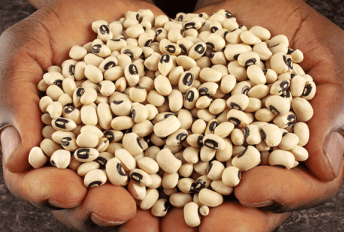
Posted on October 01, 2019
Food security is a major issue in Africa. About 20% of the African population is undernourished, with sub-Saharan Africa being the worst hit by food insecurity. Of the 821 million people who are undernourished in the world today, about a third are in Africa. Of these, 90% are in sub-Saharan Africa.

Posted on September 27, 2019
Researchers at the University of Pretoria’s Centre for Augmentative and Alternative Communication (CAAC) are working to stop the abuse of the human rights of persons with disabilities. The researchers want to help victims with Complex Communication Needs.

Posted on September 26, 2019
Throughout history, people have killed in the name of God. God’s name has been, and continues to be used to legitimise wars, genocide and even apartheid.

Posted on September 24, 2019
A partnership between the Javett Foundation and UP, the Centre aims to engage students and the public with the creativity and diversity of local and international art and artists. It is an inspirational space where exhibitions, events and performances will enrich society.

Posted on September 20, 2019
Sub-Saharan Africa has one of the world’s highest neonatal mortality rates and neonatal mortality remains a big challenge in South Africa, despite government investment in healthcare.
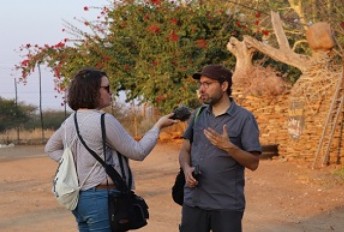
Posted on September 18, 2019
Approximately half of the world's population is at risk of contracting malaria, but 90% of malaria cases and deaths occur in Sub-Saharan Africa. Around 78% of these deaths occur among children under the age of five.

Posted on September 09, 2019
University of Pretoria (UP) astrophysicist, Professor Roger Deane is a part of a consortium of scientists that has won the prestigious 2020 Breakthrough Prize for Fundamental Physics, for giving the world the first image of a black hole in April this year.

Posted on September 04, 2019
Two University of Pretoria (UP) veterinarians saved the life of a 5.5-ton elephant at Poznan Zoo in Poland, by performing a surgical extraction of his damaged tusk.
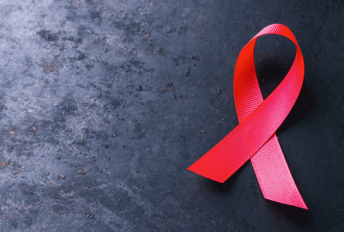
Posted on August 29, 2019
As much as one third of children born in South Africa are born to HIV positive women, but thanks to South Africa’s successful anti-retroviral (ARV) treatment programme, very few of these infants are born infected with HIV.
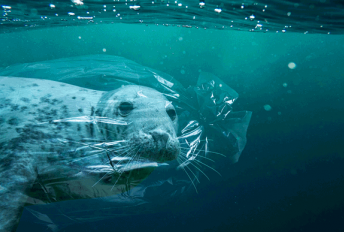
Posted on July 08, 2019
Researchers at the Mammal Research Institute (MRI) and the Department of Zoology and Entomology at the University of Pretoria (UP) have conducted a global review of studies on the entanglement of pinnipeds in oceanic plastic pollution, and found that 67% of these aquatic mammals are at risk of...
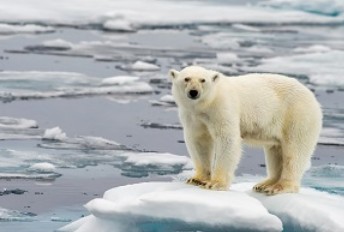
Posted on June 18, 2019
Wild spaces and the animals in them are disappearing at an alarming rate, according to the recent United Nations (UN) report on the extinction of species.
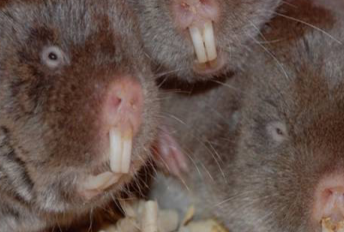
Posted on May 30, 2019
Three University of Pretoria (UP) scientists are part of a team whose research on African mole rats has led to a discovery that may hold the key to pain management in humans.
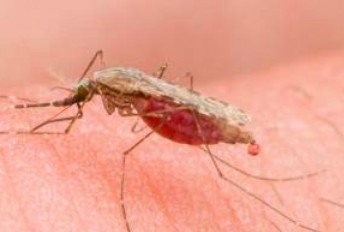
Posted on April 26, 2019
From insect-repelling socks to potential new drugs from local plants, the University of Pretoria Institute for Sustainable Malaria Control (UP ISMC) is turning up the heat on the deadly disease this World Malaria Day.
Copyright © University of Pretoria 2025. All rights reserved.
Get Social With Us
Download the UP Mobile App